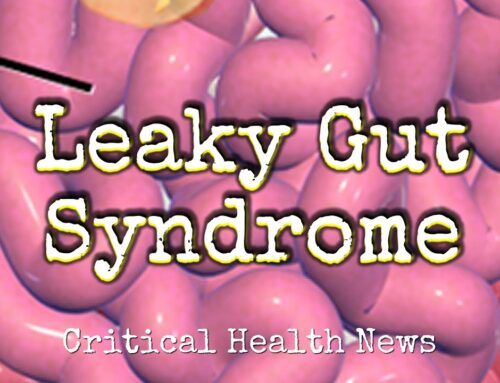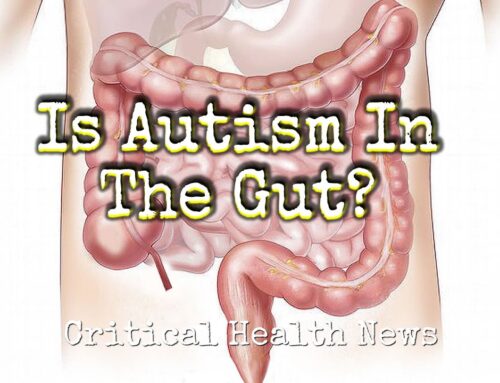According to the CDC, as of 2018 autism affected one out of every 59 children, up dramatically over 2007 estimates of one out of 150. Autistic patients can have difficulties forming bonds and relationships, harm themselves and suffer intense reactions to stimuli, as well as unprovoked outbursts of anger or violence. While some dispute the numbers and others blame the increase on changes in diagnostic criteria, rather than an actual increased incidence in the disease itself, no one argues with the fact that more and more children and their families are being affected. Even more concerning research has found that there exists a large undiagnosed autistic population, particularly among older adults, many of whom go through life feeling alienated, isolated and depressed.
While there’s not much the medical model can do to address the condition, some researchers have come to believe that the key to dealing with autism is in the digestive tract. That’s the conclusion drawn by Dr. Natasha Campbell McBride in the book, “The Gut and Psychology Syndrome”, in which she points out that intestinal x-rays of autistic children invariably reveal fecal compaction and absorption of the resulting toxicity into the bloodstream.
She suggests using digestive health protocols to reduce or even eliminate the mental and emotional disturbances of autism. These include keeping a food diary, linking diet to symptoms and their exacerbation, using probiotics and digestive enzymes, staying away from processed foods and sugar, especially sweetened breakfast cereals and snack foods. She believes many older autistics can benefit from the ketogenic diet, calorie restriction and intermittent fasting.
According to the CDC, as of 2018 autism affected one out of every 59 children, up dramatically over 2007 estimates of one out of 150. Autistic patients can have difficulties forming bonds and relationships, harm themselves and suffer intense reactions to stimuli, as well as unprovoked outbursts of anger or violence. While some dispute the numbers and others blame the increase on changes in diagnostic criteria, rather than an actual increased incidence in the disease itself, no one argues with the fact that more and more children and their families are being affected. Even more concerning research has found that there exists a large undiagnosed autistic population, particularly among older adults, many of whom go through life feeling alienated, isolated and depressed.
While there’s not much the medical model can do to address the condition, some researchers have come to believe that the key to dealing with autism is in the digestive tract. That’s the conclusion drawn by Dr. Natasha Campbell McBride in the book, “The Gut and Psychology Syndrome”, in which she points out that intestinal x-rays of autistic children invariably reveal fecal compaction and absorption of the resulting toxicity into the bloodstream.
She suggests using digestive health protocols to reduce or even eliminate the mental and emotional disturbances of autism. These include keeping a food diary, linking diet to symptoms and their exacerbation, using probiotics and digestive enzymes, staying away from processed foods and sugar, especially sweetened breakfast cereals and snack foods. She believes many older autistics can benefit from the ketogenic diet, calorie restriction and intermittent fasting.










